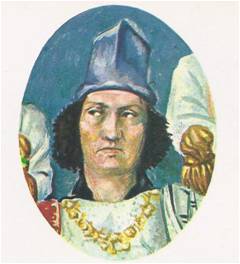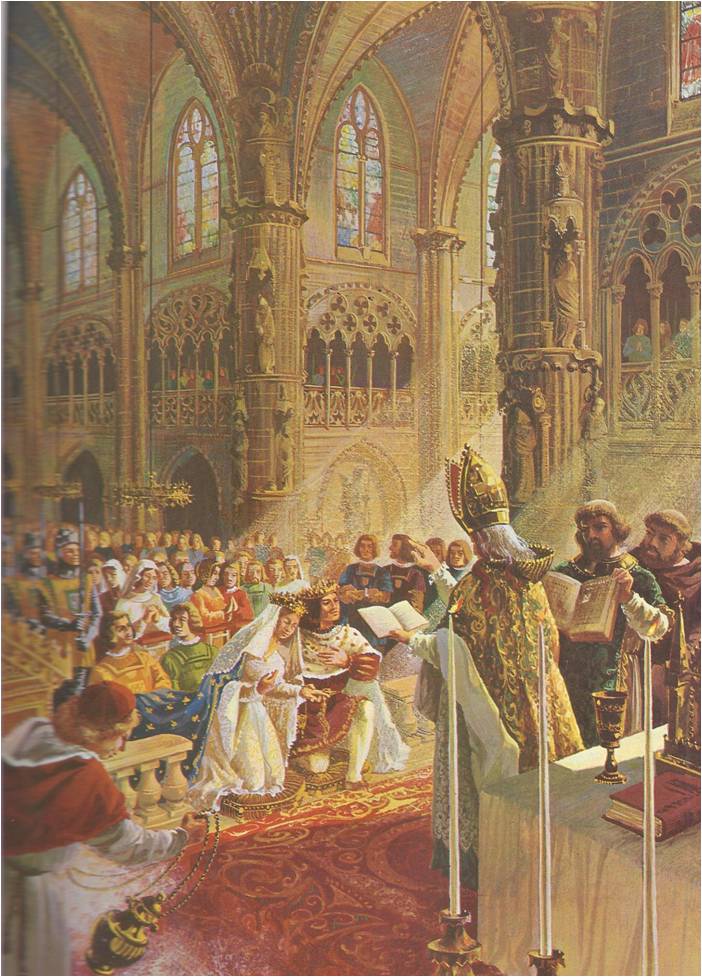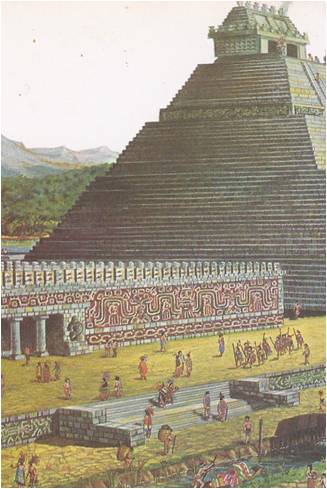ALL HIS LIFE Cardinal Richelieu had been a sick man, but by the spring of 1642 he was dying. He carefully made his will, leaving to the king his elegant town house, eight sets of tapestries‚ and three beds. On December 2, he received the last sacraments of his church. “Does your Eminence pardon your enemies?” asked the priest and Richelieu answered, “I have no enemies but those of the State.” When Louis XIII learned that Richelieu had died, he said, “A great statesman is dead.” To take Richelieu’s place, Louis chose Jules Cardinal Mazarin, Richelieu’s own choice for his successor. A Sicilian and a clever diplomat, Mazarin had entered Richelieu’s service in 1639 and had adopted French citizenship. He was black-eyed, handsome and seemed as pleasant and reasonable as Richelieu was stern. He took up Richelieu’s work with energy. A year later, Louis XIII died of tuberculosis. He left his four-year-old son, Louis XIV, to rule France in name: the Queen Mother, Anne of Austria became regent and Mazarin continued to direct policy. The magistrates of the parlement, or high court, of Paris now looked forward to having their advice taken by the agreeable cardinal‚ who seemed so easy-going. The parlement quickly learned that Mazarin was as hard as Richelieu. They and the great lords began to hate him, to call him a thief, a buffoon, a peddler, an Italian imposter. To add to their annoyance, the long war against the Hapsburgs had been costly and they resented the high war taxes. In 1648 the parlement of Paris rebelled and demanded reforms and more power. Mazarin ordered the parlement’s leaders arrested and sent a guard to seize old Pierre Broussel, the most honest and popular of the magistrates. Broussel was eating lunch with his five children when the guard …
Read More »









